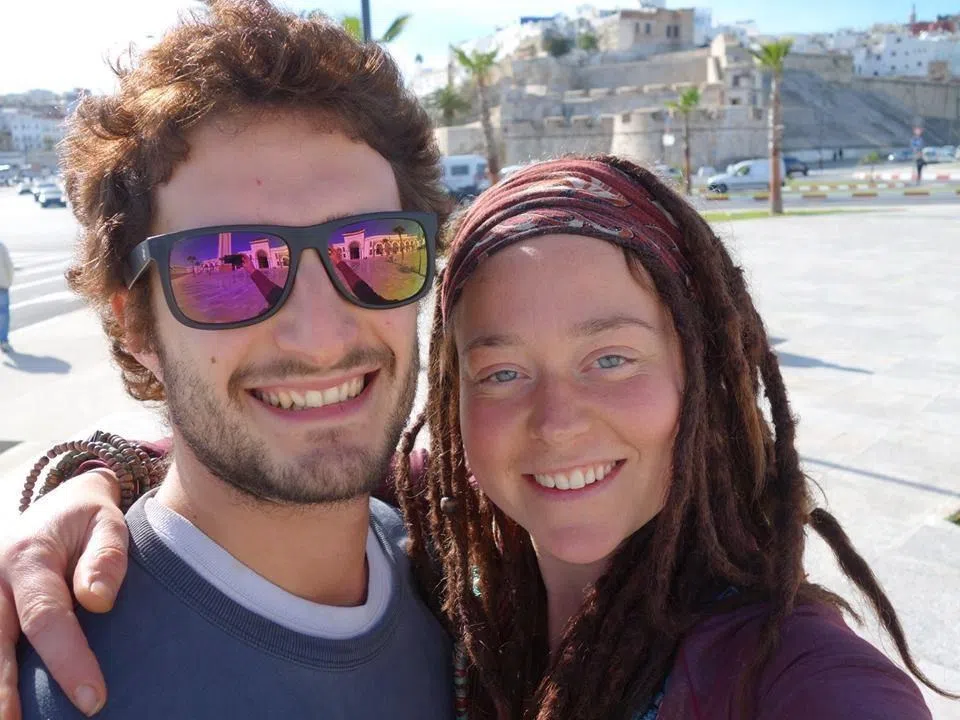
Family of Quebecer missing in Africa reassured Ottawa taking case seriously
MONTREAL — The family of a Quebec woman who went missing with her Italian friend in West Africa last month says it finally feels federal authorities are taking the case seriously following several frustrating days seeking answers from Ottawa.
Sherbrooke native Edith Blais and her Italian friend Luca Tacchetto were travelling by car in Burkina Faso when all communication with their families abruptly ended Dec. 15. Media have reported their disappearance is being treated as a possible kidnapping, but Blais’ sister, Melanie Bergeron Blais, said in an interview Monday the family has received no information the pair were abducted.
“It’s a possibility,” Bergeron Blais said about whether the pair were kidnapped. “There aren’t 1,000 different scenarios of what could have happened. But we’ve received no clues, and we can’t confirm or deny it.”
Tacchetto and Blais, 34, were last seen in the city of Bobo-Dioulasso, in Burkina Faso’s southwest, and had planned to drive to the capital of Ouagadougou before crossing into neighbouring Togo. Blais planned to volunteer with an organization attempting to reforest parts of Togo.


